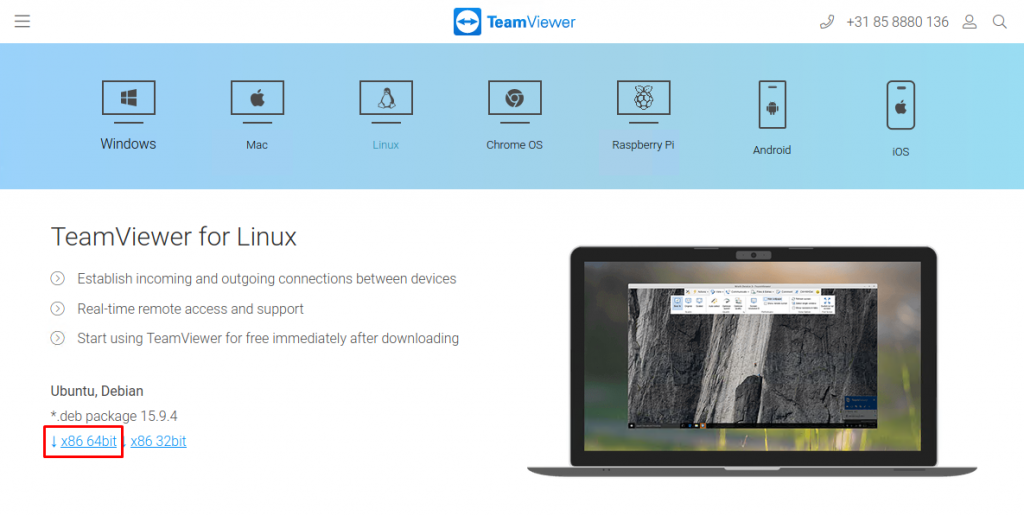

In addition, DEB files’ TAR archives are commonly compressed using bzip or gzip compression. They contain all the necessary files and instructions for installing a specific software app. The DEB file is based on the archiving format, containing two TAR archives – installer control information and installable data. They contain precompiled software ready to be installed on Debian or a Debian-based operating system. The DEB files are an installable software package format used by Debian and its derivatives, such as Ubuntu, Linux Mint, etc. deb extension.īut first, let’s answer the question, what exactly is a DEB file? What is a DEB File? Instead, you may have to visit a website to download and install a file with a. Sometimes, however, you won’t find every app you want in one of those. There are official repos, PPAs, Snap store, Flathub, etc. Here I’ll show you the two most straightforward ones via the command line or а GUI app, closely following best practices.įor Ubuntu users, the software can come from many sources. The disadvantage to using dpkg like this is that error messages are likely to be cryptic dpkg doesn't automatically resolve dependencies or create the directory structure it expects.There are several ways to install deb files in Ubuntu. It used to be possible to install b with dpkg into one's home directory. The disadvantage to this approach is that you need the development environment available for this approach to work at all, and you might find yourself compiling dozens of packages in order to resolve all the dependencies. Usually this looks something like: apt-get source package apt-get source Approachįinally, you could use the apt-get source command to fetch the source of the package and configure it to install locally. This is a somewhat involved process, but one you should be able find community help for as many developers set up chroot environments for compiling code. schroot ApproachĪnother approach is to use schroot to create a non-root chroot. As long as all dependencies of the binary are installed, it should run as normal. Then you can export the PATH where the binary is. If the deb isn't in the Ubuntu repositories, apt-get package_name won't work, but you may be able to download it from a web site. deb Approach apt-get download package_name # replace `package_name` with the name of the package. Apt doesn't support it directly, but there are ways to do it.


 0 kommentar(er)
0 kommentar(er)
